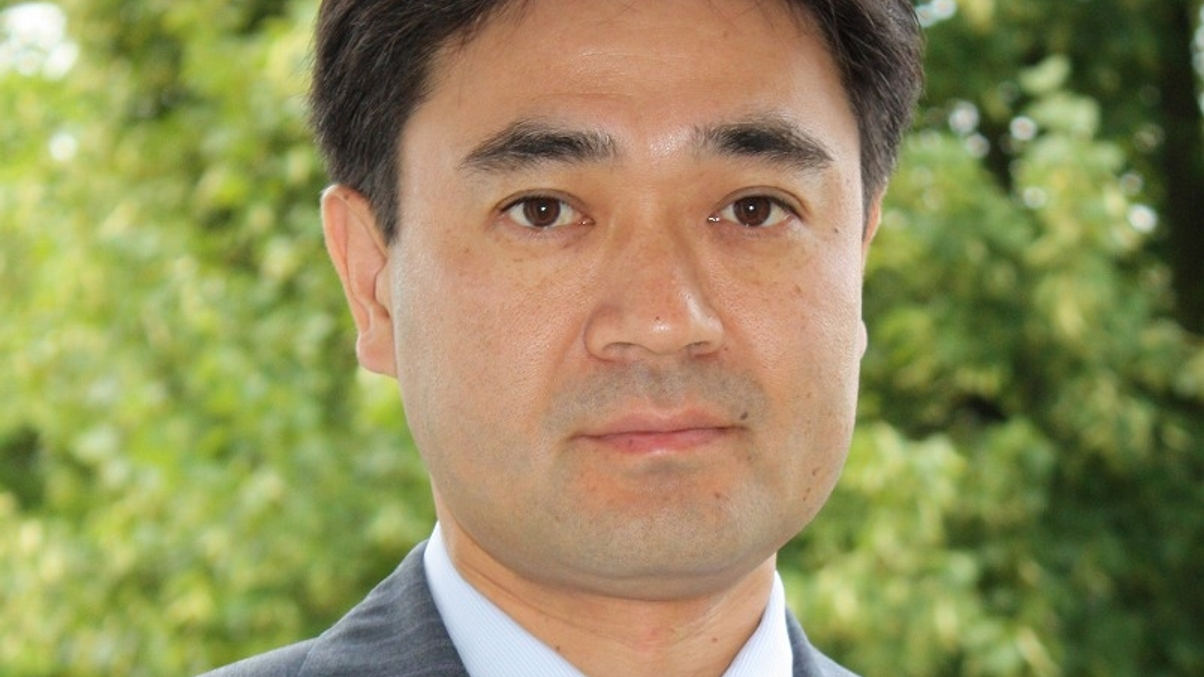JPX developing frontier market partnerships
Japan Exchange Group aims to collaborate with more partners across Central and Southeast Asia and to attract foreign issuers to list on its bond platform and planned infrastructure fund market.

With various Asian bourses busy developing trading links, the Japan Exchange Group (JPX) is looking at collaborating with more partners in Asia, and aims to attract issuers from frontier markets to list on its platforms in the process.
Sign in to read on!
Registered users get 2 free articles in 30 days.
Subscribers have full unlimited access to AsianInvestor
Not signed up? New users get 2 free articles per month, plus a 7-day unlimited free trial.
¬ Haymarket Media Limited. All rights reserved.


